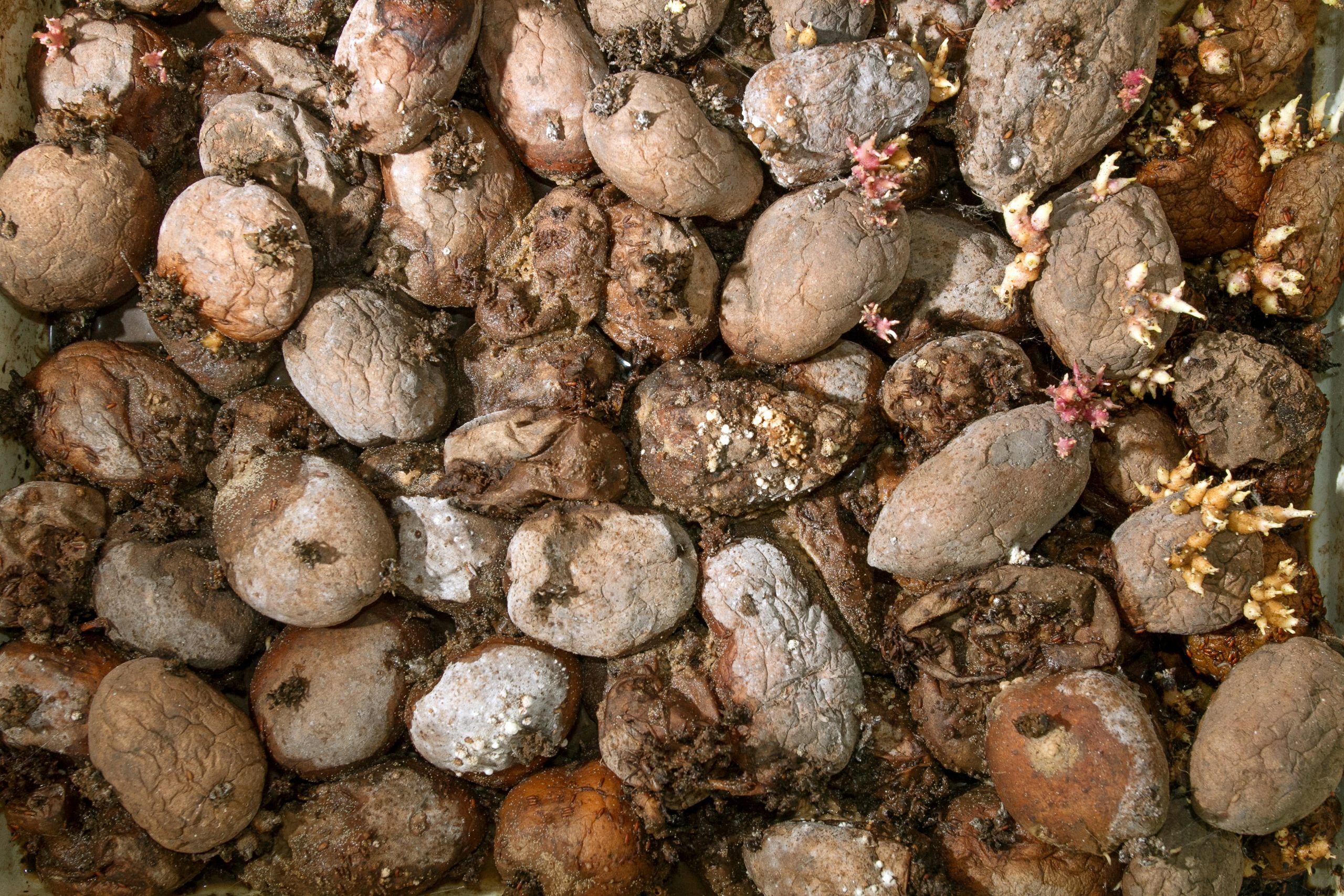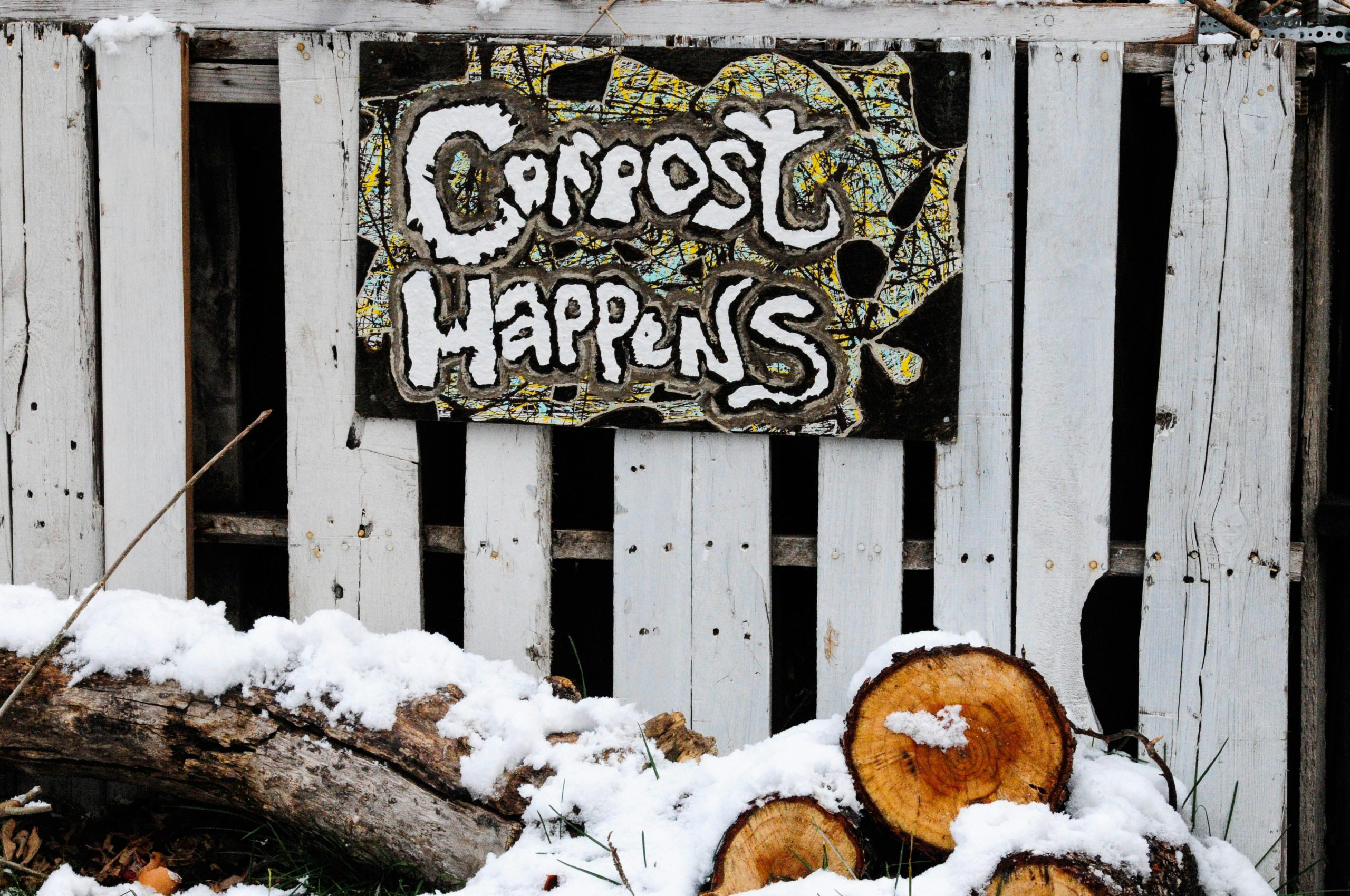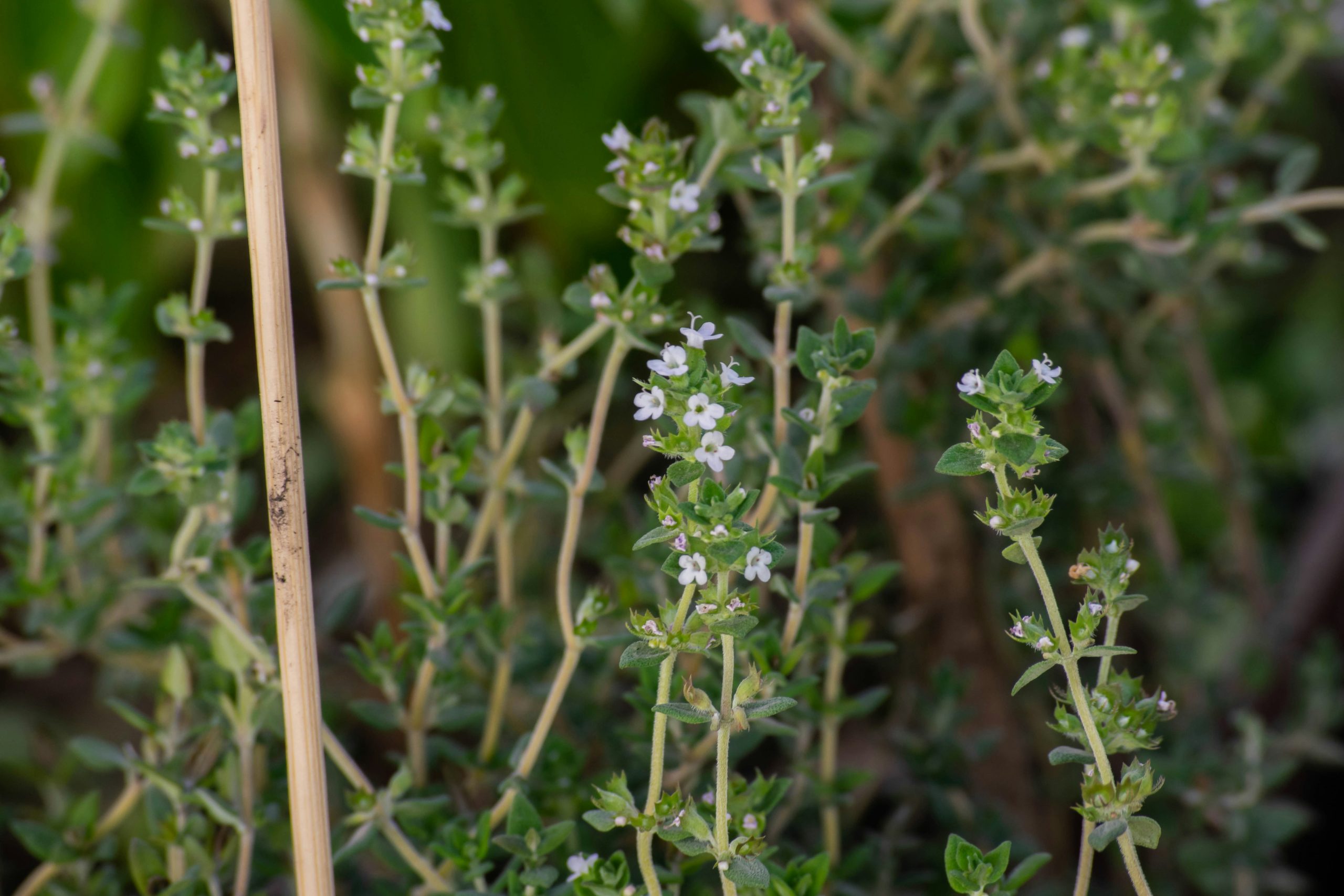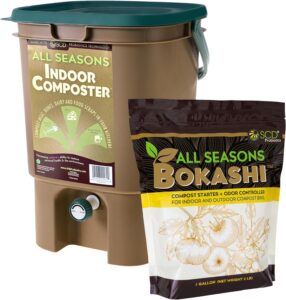In the article “Can I Compost Peanut Shells?”, we delve into the enriching world of composting and explore whether those leftover peanut shells from our snacks can contribute to our composting efforts. As we sift through the facts and pay attention to expert advice, we discover not only the benefits these shells can add to our compost heap but also the environmental impact of recycling organic waste. Join us on this enlightening journey as we uncover practical tips and straightforward answers to ensure our gardens flourish with the help of peanut shells. Have you ever wondered, “Can I compost peanut shells?” If you’re an avid composter or just someone who enjoys a handful of peanuts now and then, understanding what can and can’t go into your compost pile is crucial. Today, we are diving deep into this nutty question to provide you with all the information you need to turn those peanut shells into valuable compost.

What is Composting?
Before we answer the main question, let’s ensure we’re all on the same page about what composting actually is. Composting is the natural process of recycling organic material, such as food scraps and yard waste, into a rich soil amendment known as compost. This process involves the decomposition of organic matter by bacteria, fungi, worms, and other organisms, resulting in a nutrient-rich substance that can enhance the health of your garden soil.
The Benefits of Composting
Why should we bother composting at all? Composting has a plethora of benefits:
- Improves Soil Health: Compost adds essential nutrients and organic matter to the soil, which improves its structure, aeration, and water retention.
- Reduces Waste: By composting, we reduce the amount of organic waste that ends up in landfills.
- Reduces Greenhouse Gas Emissions: Organic matter decomposing in landfills produces methane, a potent greenhouse gas. Composting diverts this waste and reduces these emissions.
- Cost-Effective: Composting can save money on waste disposal and reduce the need for store-bought fertilizers.
Peanut Shells in the Compost Pile
So, can we compost peanut shells? The short answer is yes, but it’s essential to understand the nuances to ensure we’re composting them correctly.
Understanding Peanut Shells
Peanut shells, like other organic materials, are biodegradable. However, their hard, fibrous structure can make the composting process a bit trickier compared to softer materials such as fruit peels or vegetable scraps.
Nutritional Content
Peanut shells contain some valuable nutrients that can benefit the compost. They have a good amount of carbon, which is a critical component in the composting process. Here’s a basic breakdown:
| Nutrient | Amount |
|---|---|
| Carbon | High |
| Nitrogen | Low |
| Phosphorus | Moderate |
| Potassium | Moderate |
The high carbon content makes peanut shells an excellent “brown” material in the composting world, which balances out the “greens” like vegetable scraps and grass clippings that are rich in nitrogen.
How to Compost Peanut Shells
Now that we know peanut shells can be composted, let’s explore the steps and best practices to do so effectively.
Preparation
Before tossing peanut shells into your compost pile, it’s crucial to prepare them properly:
- Crush or Shred: Peanut shells can take a long time to decompose due to their hard structure. Crushing or shredding them will speed up the process.
- Mix with Other Materials: Since peanut shells are high in carbon, balance them with nitrogen-rich materials. A good rule of thumb is to maintain a 30:1 carbon-to-nitrogen ratio.
Layering
Proper layering in your compost bin is essential for efficient decomposition:
- First Layer: Start with a layer of coarse materials like twigs or straw to aid in aeration.
- Alternate Layers: Alternate between layers of carbon-rich materials (like peanut shells, dry leaves, and straw) and nitrogen-rich materials (like kitchen scraps, grass clippings, and coffee grounds).
- Moisture: Ensure your compost is moist but not waterlogged. A consistency like a damp sponge is ideal.
Aeration
Aerating your compost pile ensures that oxygen-loving bacteria can thrive, speeding up decomposition:
- Turn Regularly: Turn your compost pile every 1-2 weeks to provide oxygen and mix materials.
- Add Air Pockets: Maintain air pockets by adding coarse materials like straw or shredded cardboard.
Common Challenges and Solutions
When composting peanut shells, we might encounter a few challenges. Here are some common issues and their solutions:
Slow Decomposition
Peanut shells can be slow to break down. To speed up the process:
- Shred or Crush: Smaller pieces decompose faster.
- Increase Nitrogen: Add more nitrogen-rich materials to balance the carbon-heavy shells.
- Maintain Moisture: Ensure the heap is adequately moist.
Odor Issues
While peanut shells themselves don’t usually cause odors, improper composting can lead to unpleasant smells:
- Balance Browns and Greens: Too many greens can cause a smelly compost. Balance with sufficient browns.
- Turn Regularly: Regular turning helps in aerating and controlling odors.
- Avoid Overwatering: Excess moisture can lead to anaerobic conditions and bad smells.
Pests
Peanut shells should not attract pests more than other compost materials, but taking precautions is always useful:
- Bury Food Scraps: Burying food scraps under a layer of browns reduces the risk of attracting pests.
- Secure Your Bin: Use a compost bin with a lid and ensure it’s properly sealed.

Alternative Ways to Use Peanut Shells
If you have an abundance of peanut shells and your compost pile is full, there are alternative ways to utilize them:
Mulching
Peanut shells can be used as mulch in your garden. They help:
- Retain Moisture: Mulching helps in retaining soil moisture.
- Suppress Weeds: A layer of mulch can help in suppressing weeds.
- Improve Soil: Over time, as shells break down, they enrich the soil.
Animal Bedding
Peanut shells can also be used as bedding material for animals, though some caution is needed:
- Check for Allergies: Ensure your animals are not allergic to peanut shells.
- Mix with Other Bedding: Mixing with other types of bedding can create a comfortable habitat.
Craft Projects
For the crafty among us, peanut shells can be a unique material for DIY projects. From decorative art pieces to simple garden markers, the possibilities are endless.
Frequently Asked Questions
Let’s address some common questions we might have about composting peanut shells.
Are Salted Peanut Shells Okay for Composting?
It’s best to avoid composting salted peanut shells. The salt content can disrupt the microbial balance in your compost pile. If you have salted shells, consider rinsing them thoroughly to remove as much salt as possible before adding them to your compost.
Can Peanut Shells Attract Rodents to My Compost Bin?
Peanut shells themselves are not particularly attractive to rodents, but if mixed with other food scraps without proper management, it might be a concern. Always cover food scraps with a layer of soil or browns and ensure your compost bin is secure.
How Long Does It Take for Peanut Shells to Decompose?
Without proper preparation, peanut shells can take a long time, even up to a year, to fully decompose. By shredding them and maintaining an optimal composting environment, you can speed up this process significantly, potentially reducing it to several months.

Final Thoughts
So, can we compost peanut shells? Absolutely! With a bit of preparation and the right techniques, peanut shells can be a valuable addition to our compost pile. They bring in a good dose of carbon and, when managed correctly, can break down to enrich our soil.
Composting peanut shells not only helps reduce waste but also enhances the health of our garden soil. Whether we’re seasoned composters or just getting started, every small effort contributes to a healthier environment.
Let’s get started and turn those peanut shells into garden gold!



